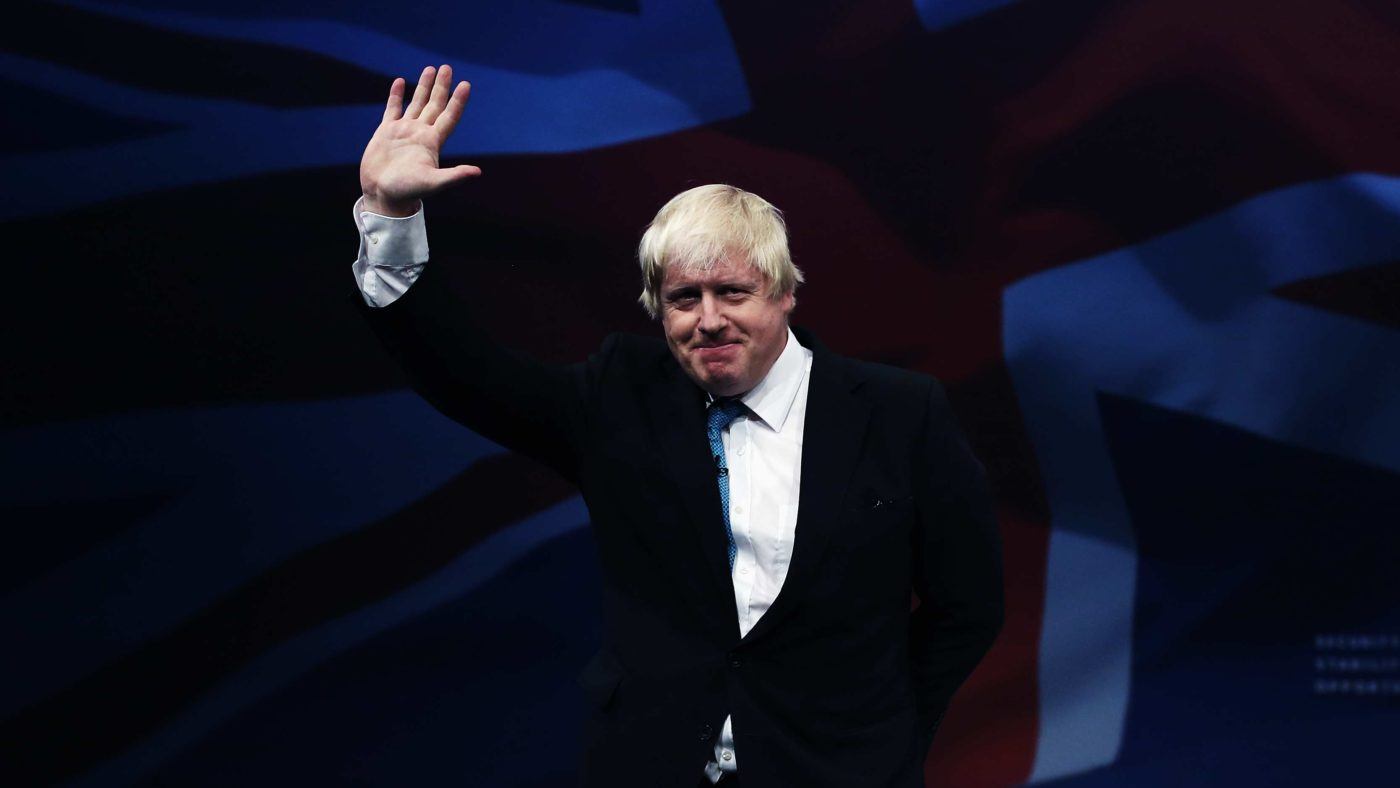Does being diplomatic matter for diplomacy? You might feel the answer is obvious. But in the age of Trump and Boris, perhaps it is a question that needs to be asked.
In the latest incarnation of post-truth politics, our Foreign Secretary, Boris Johnson, has been admonished by the Prime Minister’s office and credited by the media with a “gaffe” for stating something everyone, pretty much everywhere, not only agrees is true but talks about all the time.
Namely, that Iran and Saudi Arabia have been acting behind the scenes in a number of recent Middle East conflicts.
Donald Trump, on the other hand, is criticised for having a phone call with representatives of the Republic of China (Taiwan), with whom no US president has had diplomatic contact since 1979, thus offending the People’s Republic of China. He’s also been called out for being far too friendly with Russia.
In Europe, Jean-Claude Juncker is notorious for his diplomatic “gaffes”, of which the most famous may be his declaration that, when matters become serious, one has to lie.
Get more from CapX
Follow us on Twitter
Like us on Facebook
Sign up to our email bulletin
Is this some reflection of a new post-diplomatic diplomacy?
Does diplomacy really affect anything at all, or are grand economic and geopolitical forces what really determine which country gets on with which?
A recent datapoint favouring the “grand forces” theory would appear to be Greece. The Syriza government that took power there in 2015 could hardly have been any more offensive to…well just about everybody.
To quote just three examples, senior Syriza members said that Poland was an ally of the Nazis in World War II, that German Chancellor Wolfgang Schaeuble wanted to melt down the Greek people’s bodies to make soap, and that if their European partners didn’t give them what they wanted, they’d waive IS fighters through their immigration controls and send them to Berlin.
Yet despite all that, when push came to shove, the Greeks got a third bailout and were allowed to stay in the euro. The economic and geopolitical factors dominated the diplomatic.
On the other hand, personal chemistry and subtle diplomacy can often seem crucial. Would the Cold War have ended as it did if Gorbachev had not been a man Thatcher and Reagan felt they could deal with?
Could anyone but Tony Blair have persuaded Clinton to intervene in Serbia? Would Germany and the Soviet Union have fought in 1941 if Hitler and Stalin had trusted each other more?
Perhaps it is wrong to believe there is a tight distinction between economic and political factors and diplomacy.
That Trump is US President-Elect, Boris is Foreign Secretary and Syriza is in power in Greece tells us something important about the nature of these countries at this time.
Perhaps Trump is President because he’s the sort of person who doesn’t care about offending the People’s Republic of China, because the US people don’t care about that any more either.
Perhaps Boris, with his subtle historical quips and (often quite deliberately) excessive candidness is a product of a Britain that now wants to be seen as clever, erudite and crafty and has such over-weening self-confidence that it does not care a jot if it is mocked.
Elsewhere on CapX
Donald Trump is the new face of capitalism. God help capitalism
Britain can still make a difference in the world
Why Donald Trump may be the new Richard Nixon
This New Diplomacy only appears undiplomatic if one’s assumption is that the old order of economic and geopolitical relationships could survive.
Perhaps the old system is already punctured irreparably and the task of the New Diplomat is to deflate it.
The world of Cold War and immediate post-Cold-War alliances is at an end.
NAFTA, an EU encompassing all main countries in Western Europe, seeking to integrate China economically while turning a blind eye on human rights; a shrinking, disorganised, weak Russia; an expanding NATO; centre-Left governments across the developed world; interventions in the Middle East to stabilise the oil supply while seeking to diversify energy production with nuclear or green energies. It all now looks very…late 1990s.
The new pattern that will arise is far from clear or certain.
But the countries that want to play the game of designing that pattern will need diplomatic approaches that combine charm with a willingness to shock and experiment. The US, UK, European Commission and Russia probably have them. Are others ready to move on yet?


